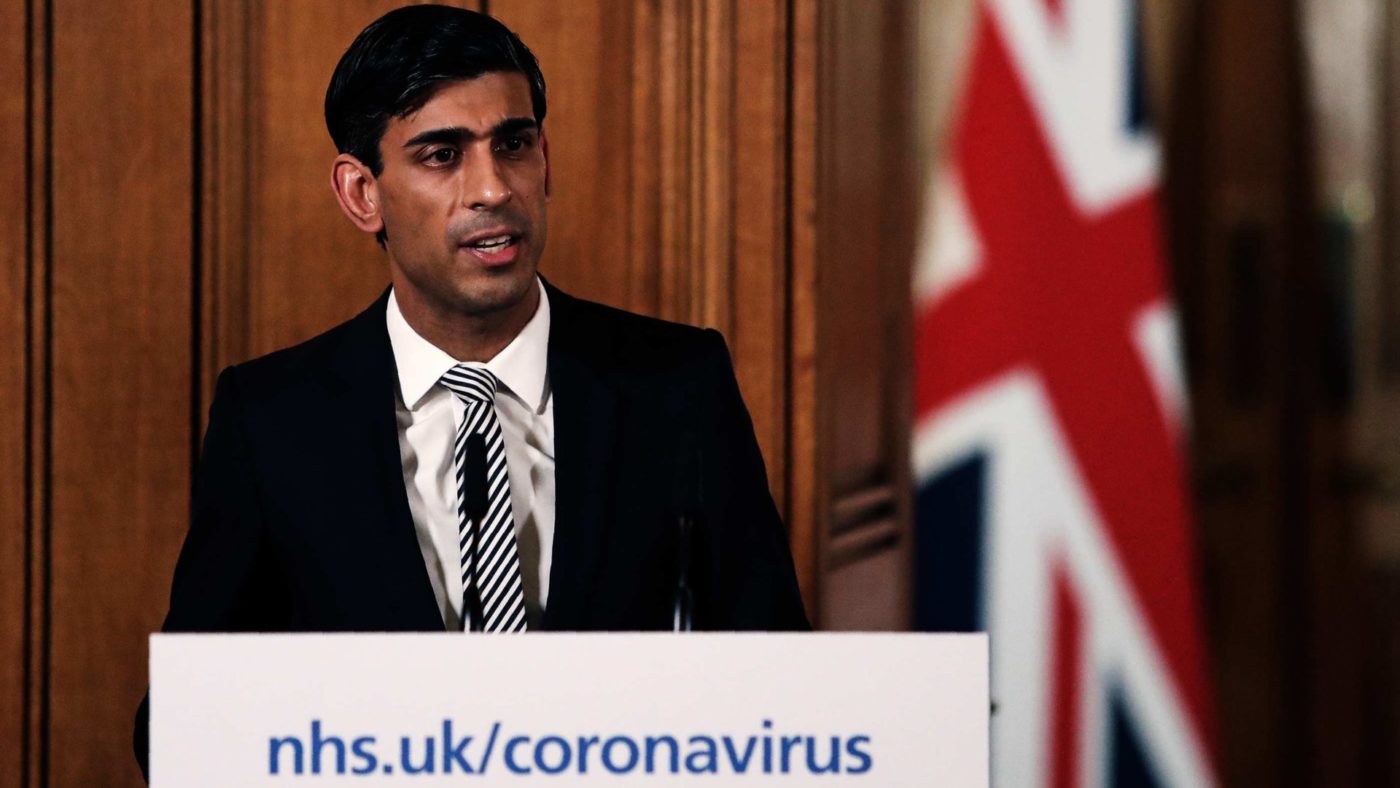For the past week I have been thinking about and speaking to people in and around government about the shape of the eventual recovery from the coronavirus crisis. There is, sadly, no sugar-coating the fact that the future looks pretty grim.
The most obvious point is that any return to normality is going to be gradual and halting – there won’t be a moment when a klaxon blows and we all troop back to our offices and local pubs. The economy will reopen in sectors, or for specific people (including ‘the Immune’), and those steps may be reversed if a second wave of infections hits. In other words, there will be fewer customers, fewer workers and less confidence, so the shock is unlikely to be a one or two-quarter wonder.
The next issue, obviously, is that the economy will be smaller anyway – despite the Government’s best efforts, jobs are being lost at scale and firms are shrinking or closing completely. But an additional problem is the paradox of thrift. This is the idea that it may make sense for individual firms and people to scrimp and save, but it’s ruinous for the wider economy.
Britain already has a longstanding and grisly problem with business investment, and the economy in recent years has largely been kept afloat by the willingness of individual consumers to spend, spend, spend. One of the big things that held the economy back after 2008 was deleveraging – banks not lending as much because they needed to massively reduce their debt mountain. That reduced the amount of money flowing round, and hence growth.
Now, as the likes of former Treasury adviser Rupert Harrison and others have pointed out, we are likely to have the opposite problem – banks in rude health and keen to lend, but firms (and individuals) who have built up debt during the crisis that they want or need to get off their books. For example, if you’re a small business that used the Coronavirus Business Interruption Loan Scheme to cover your rent costs during the crisis, that will be extra cash you eventually need to pay back. Even if we treat it like student debt and say it doesn’t affect your credit rating, it will still hang over you.
What’s more, there is copious evidence that SMEs in the UK have long been reluctant to take on and hold debt financing from the banks anyway – and many man-hours of Treasury time have been spent trying to fix that problem. It’s hard to see why they would be any keener to borrow after this period of turmoil.
But it’s not just about debt. For both firms and individuals there will be an understandable impulse (or more like a commandment from shareholders in the case of larger companies) to hold considerably more savings against a repeat of this horror.
The result is that everyone does what is sensible for them, but no one is spending or investing, so the economy struggles. That creates a spiral where everyone is more reluctant to spend and invest in turn.
And all this is before considering the knock-on effects of downturns or recessions among our major trading partners. Or the fact that the Government, having spent all this cash to prop the economy up, will be strongly tempted to try to claw it back via higher taxes on that smaller tax base.
I have said throughout this crisis that I think Chancellor Rishi Sunak and the Treasury have done a remarkable job of innovating at speed. But the policy solutions to help get us out of this may have to be just as innovative as those to get us through it.
Click here to subscribe to our daily briefing – the best pieces from CapX and across the web.
CapX depends on the generosity of its readers. If you value what we do, please consider making a donation.


